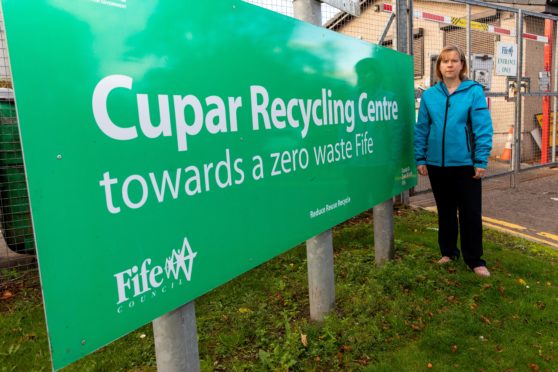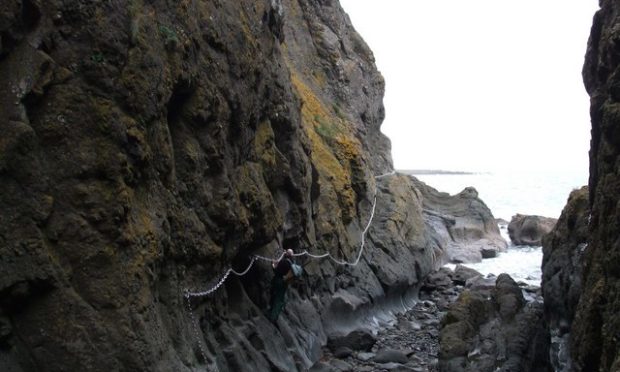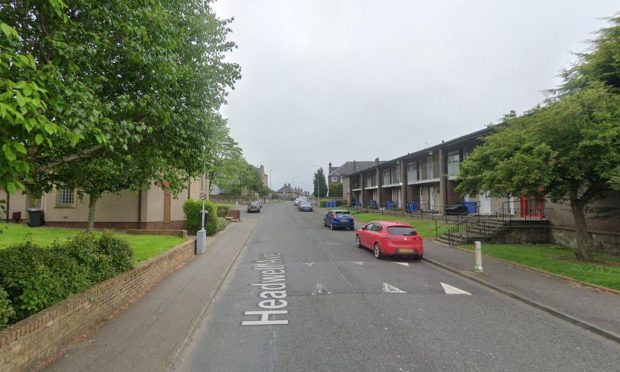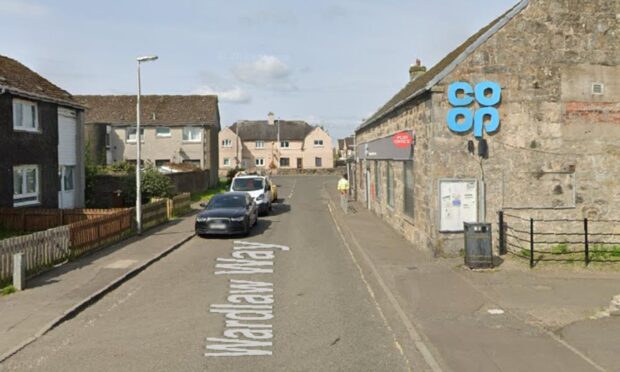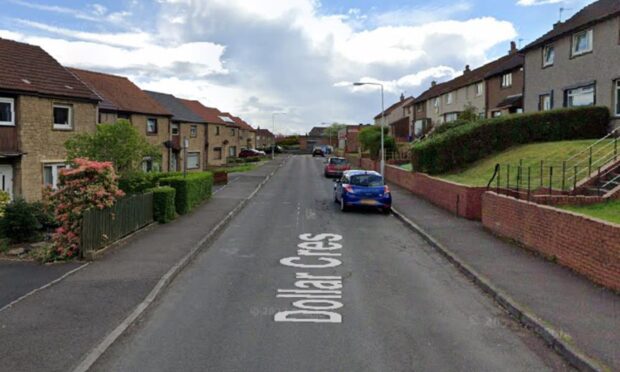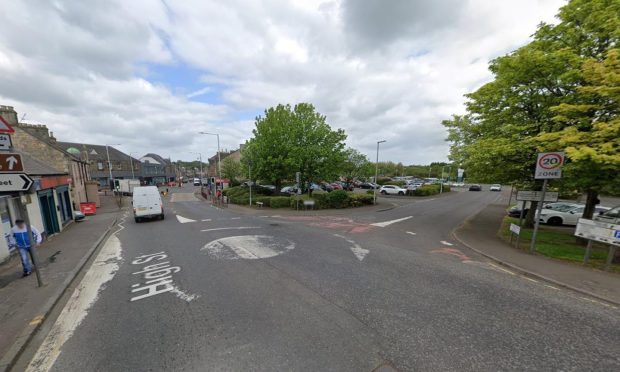A move to stop people from walking into Fife’s household waste recycling centres has prompted a call for a more “measured” approach.
Access changes which were principally designed to curb misuse of the centres by businesses trying to avoid commercial waste charges, will come into effect on January 1.
However, plans to prohibit access to civic amenity sites by pedestrians have provoked controversy, particularly in areas such as Cupar where many people go on foot with items for disposal.
Cupar Liberal Democrat councillor Margaret Kennedy raised concerns about the issue when the proposals were mooted and she believes the move to prevent “walk-ons” has now started to have an impact on the community.
“I felt strongly that pedestrian access should be managed not prohibited,” she said.
“To use it as a method of managing out inappropriate commercial waste disposal is disproportionate in my view.
>> Keep up to date with the latest news with The Courier newsletter
“Council policies are very much focused on optimising access, for the public, to recycling facilities, balancing with our wider environmental credentials.
“Why, therefore, should we imposing car access to these sites?
“Furthermore, in Cupar, we have in recent years, been encouraging town centre living which provides walking distance access to Coal Road recycling site.
“The no ‘walk-ons’ policy makes no sense at all for all of these reasons.
“One of my community councils is intending to write in complaint and I am aware that officers have been asked to consider the Coal Road site as a special case and reconsider the walking access.
“Surely the correct approach would be to completely revisit the decision with a far more measured approach?”
Councillor Ross Vettraino, convener of the environment, protective services and community safety committee, said the safety of the community was “always the primary consideration” and noted the potential for accidents involving those who visit the sites on foot will only increase as they are increasingly used.
“In response to concerns, which have been expressed, I would say said that the policy doesn’t prevent presentation of recyclables by pedestrians,” he said.
“For example, in the case of Cupar, there are two supermarkets, which host the full range of recycling bins and which supports the concept of ‘town centre’ living, while preserving the ability to participate in the council’s recycling services.
“The policy won’t increase car use, because those who walk or cycle to Coal Road will walk or cycle to the supermarkets.
“In addition to creating a safer environment, banning pedestrian access to civic amenity sites is an important element of the council’s attempts to prevent the illegal use of the sites for the disposal of commercial waste and, in that regard, it is important to note that the council has a legal duty to take whatever steps are necessary to ensure that its facilities are not used illegally.”
Mr Vettraino added the committee will closely scrutinise implementation of the new policy “with a view to making any adjustments that are necessary and practicable”.
